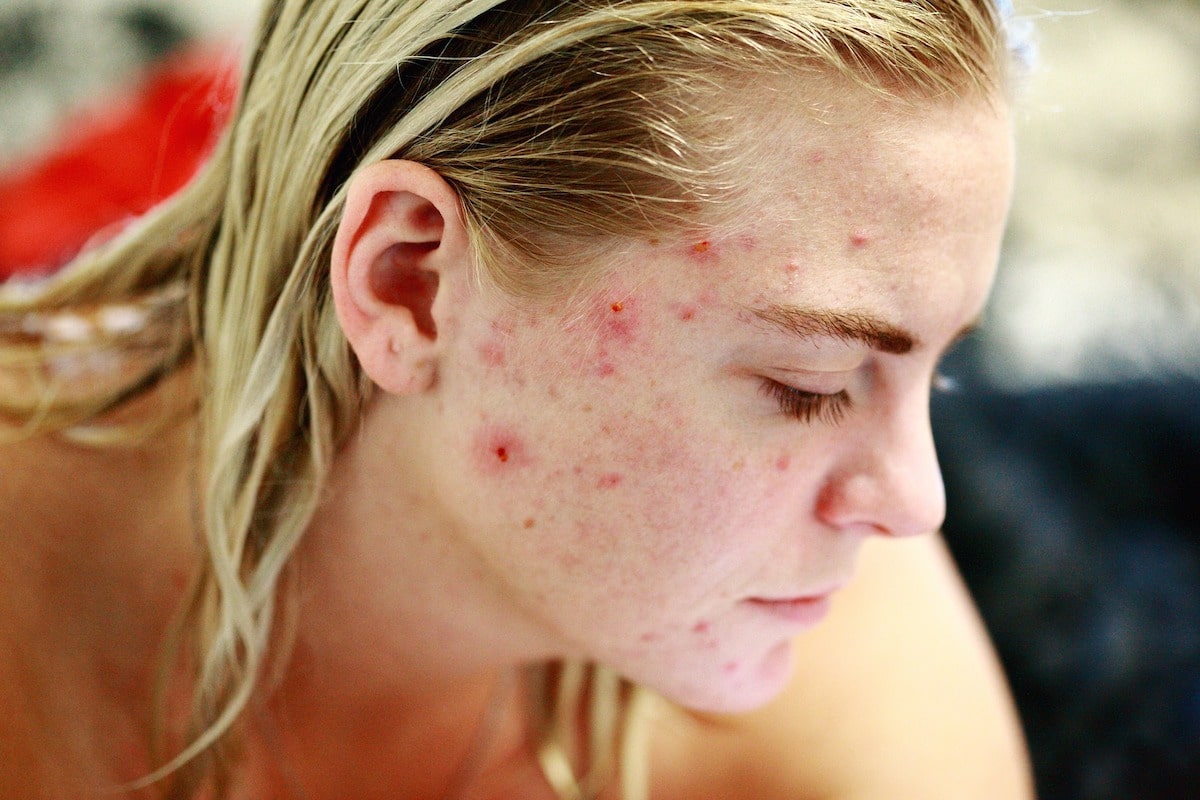Table of Contents
You may presume that every skincare product on the market is good for your skin and therefore will not make conditions like acne worse. But unfortunately, you are wrong. There are some ingredients in skincare products that you should definitely avoid if you are prone to getting acne.
Seek Advice and Treatment from a Dermatologist if You Are Acne-prone
The best way of treating persistent acne is to get advice and treatment from qualified dermatologists. At the end of the day, treatments that work for one person do not necessarily work for another. Your specific skin and condition must be taken into consideration so that a customized treatment can be formulated for your skin’s precise needs. For carefully formulated skincare products that help you treat acne and avoid getting acne, check out the fantastic service provided by Nava MD. Dermatologically designed products are formulated just for you. The whole process is simple and convenient, so you do not need to spend hours trying out different skincare products to figure out which ones are best for your acne and which ingredients are aggravating it. If you are acne-prone, the following seven ingredients could be making your skin condition worse.
1. Benzoyl Peroxide (Zinc Oxide)
While benzoyl peroxide is actually used to treat acne and other skin conditions, because it kills acne-causing bacteria and opens up pores, too much of the ingredient could make your acne worse. According to several studies, high amounts of benzoyl peroxide are more irritating to the skin and no more effective than lower amounts.
2. Sodium Lauryl Sulfate
Although sodium lauryl sulfate is a cleansing agent, it can actually damage your skin’s moisture barrier, which can result in irritations. If you are prone to acne, you should avoid using products that include sodium lauryl sulfate. The ingredient has already been eliminated from many hair products, but it is still commonly found in body washes and facial cleansers.
3. Coconut Oil
Coconut oil has many benefits, but it can actually make your acne worse. It is a comedogenic that can clog your skin’s pores and lead to blackheads forming. So, you should definitely avoid coconut oil if you want to stay clear of acne.
4. Exfoliating Beads
You need to be careful with your exfoliation routine. When you use exfoliating beads too often, it can cause irritation to your skin. In addition to potentially causing things like acne, overusing exfoliating beads can make your skin lose moisture and make you more susceptible to sunburn.
5. Parabens (Methylparaben, Propylparaben, Butylparaben, and Ethylparaben)
Parabens are FDA-approved and used in a wide variety of products, from shampoos to skincare products. While parabens like methylparaben, propylparaben, butylparaben, and ethylparaben may not aggravate acne directly, there is a growing concern that parabens mimic your body’s estrogen. That means they could influence your hormones and contribute towards you getting acne.
6. D & C Red
D & C Red ingredients are added to cosmetic and skincare products to add color. D & C # 19 has now been banned, but many other D & C Red numbers can still be found in various products on the market. The issue with D & C Red is the ingredient is highly comedogenic, which means it can cause acne.
7. Potassium Chloride
Potassium chloride is an inorganic salt that is commonly used in skincare products and other products like eye makeup and hair and bath products. The ingredient functions as an aqueous viscosity-increasing agent, which means it increases the thickness of the water in the product. If you want to avoid skin irritations like acne, you should avoid high concentrations of potassium chloride. According to the Organization for Economic Cooperation and Development, potassium chloride at a concentration of 60% can cause skin irritation.
Featured Image Credit: Sharon McCutcheon via Pixabay


